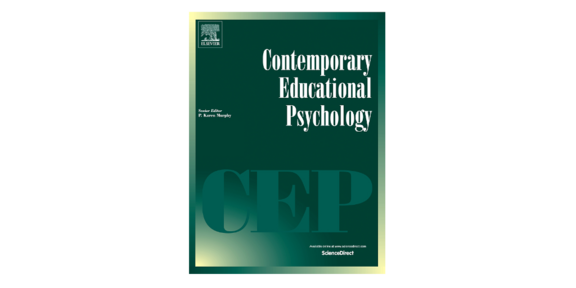New journal article published in Contemporary Educational Psychology
- News
- International
- Publications

Why do students’ motivational beliefs decline shortly after the transition to math-intensive STEM programs in higher education? Based on Eccles and Wigfield’s situated expectancy-value theory, the present study addressed this question by examining so-called motivational alignment and spillover processes of students’ course-specific (summative) or week-specific (situated) expectancy-value beliefs in gateway math courses. Random intercept cross-lagged panel models revealed an increasing within-person alignment of students’ course-specific expectancies and intrinsic/utility values across the semester. This alignment was linked to unidirectional spillover effects (i.e., cross-lagged effects) from expectancy to intrinsic/utility values. In contrast, no significant motivational alignment or spillover effects were found for students’ week-specific motivational beliefs at the beginning of the semester. In addition, the motivational alignment was significantly greater for students who failed their math course or dropped out of their math course during the semester compared to those who succeeded. These findings highlight that summative versus situation-specific motivational beliefs may show different developmental processes, that motivational alignment and spillover processes contribute to motivational declines in gateway math courses, and that these processes can indicate a greater disengagement from challenging STEM contexts.





